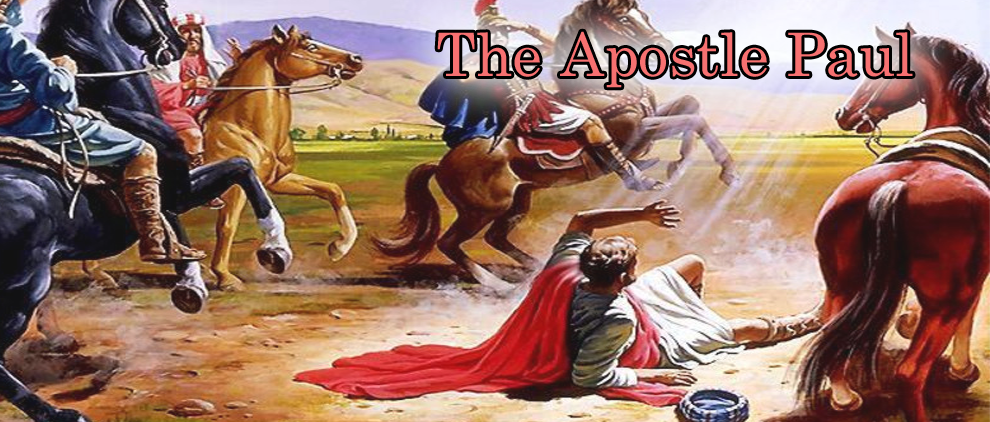Contentment in a Discontented World
” Not that I speak in respect of want: for I have learned, in whatsoever state I am, therewith to be content. I know both how to be abased, and I know how to abound: every where and in all things I am instructed both to be full and to be hungry, both to abound and to suffer need. I can do all things through Christ which strengtheneth me”
Phil 4:11-12 The economic downturn we now find ourselves in has had an affect on most of us, but some more so than others, particularly those among us who find themselves out of work and facing hardships that were unfathomable just a few short years ago. Yet the apostle tells us in the above passage that we are to be content in this state.
Be content in a state of poverty? Ha! Is he kidding, or what? This is, doubtless, one of the most daunting challenges of the Christian life. For we live in a culture where impoverishment and abasement is–even in Christian circles–considered to be a curse, and to be avoided at all costs. But for those who have experienced both abasement and abundance in their lives, it is more often than not abundance which is the more difficult state in which to navigate. Charles Spurgeon well states the problem. “There are many who know ‘how to be abased’ who have not learned ‘how to abound.’ When they are set upon the top of a pinnacle their heads grow dizzy, and they are ready to fall. The Christian far oftener disgraces his profession in prosperity than in adversity. It is a dangerous thing to be prosperous. The crucible of adversity is a less severe trial to the Christian than the fining-pot of prosperity. Oh, what leanness of soul and neglect of spiritual things have been brought on through the very mercies and bounties of God! Yet this is not a matter of necessity, for the apostle tells us that he knew how to abound. When he had much he knew how to use it. Abundant grace enabled him to bear abundant prosperity. When he had a full sail he was loaded with much ballast, and so floated safely. It needs more than human skill to carry the brimming cup of mortal joy with a steady hand, yet Paul had learned that skill, for he declares, ‘In all things I am instructed both to be full and to be hungry.’ It is a divine lesson to know how to be full, for the Israelites were full once, but while the flesh was yet in their mouth, the wrath of God came upon them. Many have asked for mercies that they might satisfy their own hearts’ lust. Fulness of bread has often made fulness of blood, and that has brought on wantonness of spirit. When we have much of God’s providential mercies, it often happens that we have but little of God’s grace, and little gratitude for the bounties we have received. We are full and we forget God: satisfied with earth, we are content to do without heaven. Rest assured it is harder to know how to be full than it is to know how to be hungry–so desperate is the tendency of human nature to pride and forgetfulness of God. Take care that you ask in your prayers that God would teach you ‘how to be full.’”
The key phrase in Paul’s admonition is, “I have learned….” This means one must learn how to be content with abundance. The first lesson to learn is not to trust that the earthly bounty will always flow.
“Charge them that are rich in this world, that they be not highminded, nor trust in uncertain riches, but in the living God, who giveth us richly all things to enjoy; That they do good, that they be rich in good works, ready to distribute, willing to communicate.” 1 Tim 6:17
The apostle has to tell us these things because our natural inclination is to do just the opposite. The fact is, when we start to prosper we act like the spicket is never going to turn off or slow down, i.e., we often increase the outflow to match or exceed the inflow, take on new obligations, make commitments we ought not to make, and fail to make plans for less prosperous times, as if the good times will never end.
Why do we do this? Discontent. It tells us that we did not learn to be content with our prior state of abasement. We become like the starved person who, having been deprived of food for several days or weeks, eats himself sick when he finally obtains something to eat. And worst of all, we get to thinking that our cleverness or ability is what garnered us our present state of abundance, and look at those around us, who are not as fortunate, as stupid, careless and lazy. As Spurgeon points out, when we are on top of the pile, the grace and mercy we freely received from the Lord, seems not to be as freely distributed from us to those on the bottom.
According to Paul, the proper attitude to have when we are in a state of abundance is one of charity. The definition of the word abundance is “an overflow of anything.” In other words, more than we need. If we have all we need to supply ourselves and our family and then some for a rainy day, then why not distribute the excess, as it says in Romans 12:13, to the necessity of those brethren who are in need. In fact, the word “communicate” in the above passage literally means “to give in a pecuniary fashion.”
At least part of the problem with Christians who fall into a state of selfishness when they are abounding, can be layed at the feet of cultural influence, which tends to promote a “looking out for number one” mentality. But the apostle plainly tells us that we are to shun worldly attitudes and influences, indeed, to “be not conformed to this world,” but to be “transformed by the renewing of our minds.” (Romans 12:2) The way we do this is to “put off the old man and his deeds.. and… put on the new man.” While this surely means we are to have our doctrine correct, that which follows this charge says it also means we are to “put on bowels of mercies, kindness, humbleness of mind, meekness, longsuffering… And above all these things put on charity, which is the bond of perfectness. And let the peace of God rule in your hearts, to the which also ye are called in one body; and be ye thankful.” (Col. 3:10-14)
If we do these things then we will surely be able to say, as our apostle said,” I have learned, in whatsoever state I am…whether it be one of need or plenty…. therewith to be content.” Amen. Mike Schroeder
All Scripture references are from the King James Bible. Feel free to distribute this article as you see fit.
Post Script
The first step to gaining peace in our hearts is to be at peace with God. It says that God was in Christ, reconciling the world unto himself, not imputing their trespasses unto them.(2 Cor. 5:19) In other words, because of Christ’s sacrifice on the cross, your sins are paid for, and God is not holding them against you; He is reconciled to you. The question is, are you reconciled to Him? Have you ever “believed on the Lord Jesus Christ?” Romans 10:9 says: “If thou shalt confess with thy mouth the Lord Jesus, and believe in thine heart that God hath raised him from the dead, thou shalt be saved. Have you ever done this? If not, why not now?











Recent Comments